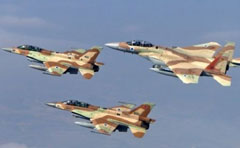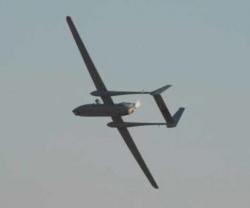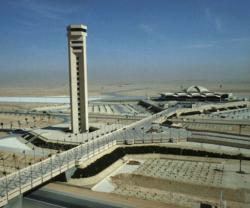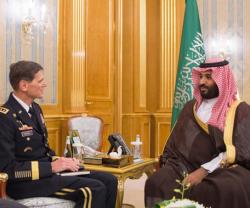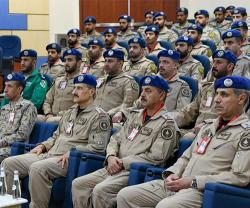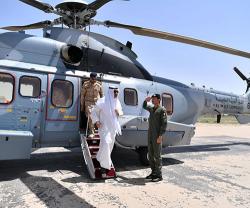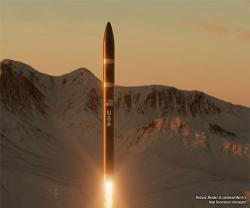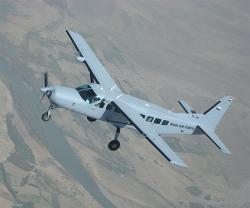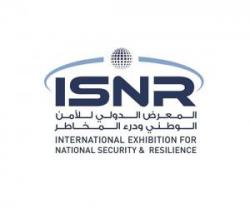The report comes as the delivery of an upgraded interceptor currently being installed on Israel's Arrow anti-missile batteries is believed to ramp up its ability to cope with threats from Syria and Iran, defense experts said on Thursday.
In the event of a military strike on Iran's nuclear sites, Israel has 3 route options: a northern route, which requires flying over Turkey and Syria; a southern route over Saudi Arabia; or a central route over Jordan and Iraq, UPI reported.
Saudi Arabia’s warning has been amplified by Washington and U.S. administration officials who recently visited Jerusalem. According to sources in Jerusalem quoted by Yedioth Ahronoth, this information is a new attempt by Washington to prevent an imminent Israeli operation against Tehran’s nuclear facilities.
According to the report, the Americans have forwarded this Saudi message to Israel: “Saudi Arabia would shoot down any Israeli aircraft in its airspace on their way to Iran.”
Other than flying over Saudi airspace, the Israeli military’s other two route options have also been considered by analysts.
A shaky relationship between Israel and Turkey since a 2010 Israeli commando attack in which nine activists on the Turkish boat Mavi Marmara were killed, would most likely be the reason that Turkey does not permit Israeli jets to enter its airspace.
The option of entering Jordanian and Iraqi airspace, however, “is considered to be the preferred route for Israel, though it isn’t clear whether Jordan would turn a “blind eye” to Israeli jets entering its airspace heading east, or whether it would consider such an act a threat to its sovereignty, which may jeopardize the peace treaty between the countries,” UPI reported, citing Yedioth Ahronoth.
Meanwhile, the latest upgrade of Israel’s cutting-edge missile interception program has prompted analysts to further consider Israeli interference in rising tensions over Iran’s nuclear program.
“The upgraded Block 4 system will significantly improve the accuracy of the existing Arrow 2 missile defense system,” an official at the Israeli Defense Ministry told AFP.
He was referring to the missile interception program which began as a joint project with the United States in the 1980s.
With spiraling violence across Syria, Israel has raised concerns about the fate of Damascus’s stockpile of advanced weaponry, which includes surface-to-surface missiles and chemical weapons.
“We find ourselves in a technological race whereby our defense systems must keep up with offensive threats,” the source said.
The Block 4 upgrade incorporates a new generation of radar and other technologies which will be synchronized with U.S. systems that are already in use in the region.
“This synchronization of systems will allow for better tracking of an enemy missile or salvo of missiles fired at our territory,” an Israeli defense official said, speaking on condition of anonymity.
Last month, Iran test-fired its medium-range Shahab-3 missile which can travel up to 2,000 kilometers (1,200 miles), making it theoretically capable of hitting Israel, which is just 1,000 kilometers away.
Experts say Syria has a stockpile of Scud and SS-21 ballistic missiles which can be used to deliver chemical weapons.
In February, Israel and the United States carried out a final test of the system before delivery of Block 4, which the defense ministry said would be a “major milestone” in the development of the Arrow.
Work on the Arrow system began in 1988 during the now-defunct Star Wars program and was stepped up after Israel was hit by 39 Iraqi Scud missiles during the 1991 Gulf War over Kuwait. Development of the system is half-funded by the United States.
Source: UPI; AFP; Yedioth Ahronoth

